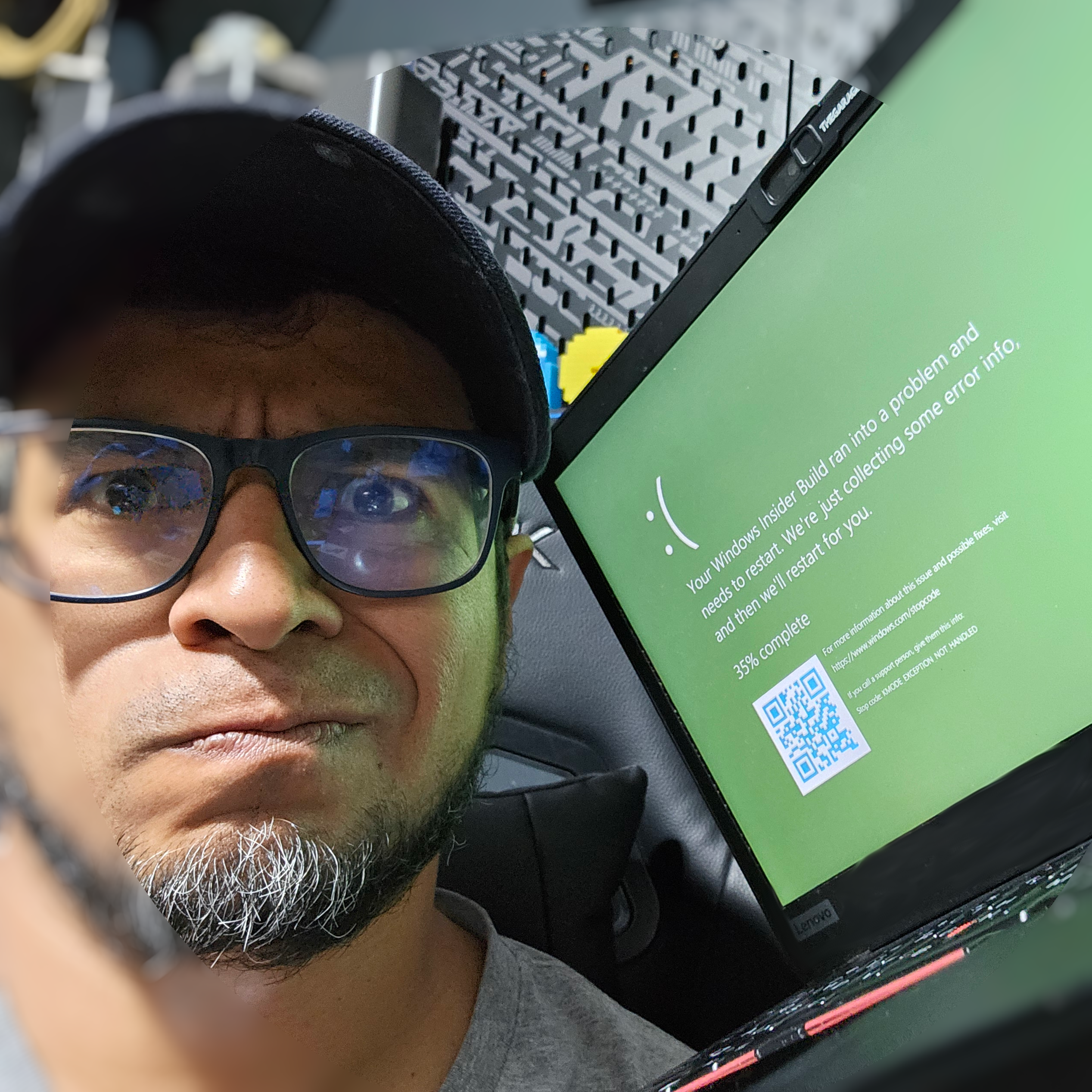Today was a historic day for Mexico, as the country elected its first woman president. I love Mexico—the culture, food, friends, and family—but it has always been a country with deep-rooted toxic masculinity. This event is truly historic and unexpected.

I don’t expect much to change immediately in terms of politics, although I hope for significant progress. It won’t erase machismo overnight. Women all over Mexico are not only still underpaid and undervalued but also face violence and disappearances. They are getting killed and mistreated. I am not physically violent, but I used to embrace that toxic masculinity without realizing it. Each time I return to Mexico, it becomes evident to me how normalized such behaviors are, sometimes even among my close friends and family, in work settings, and in general society.
Paradoxically, in Mexico, we have a deep and almost religious respect for our mothers. Big fights can be diffused with the power of a mother’s flop- joke, but it is true. Mothers can work miracles in Mexico and still do. As example the current president went to visit the mother of one of the most famous cartel leaders, el Chapo, and stretched her hand. This is why our culture is so surreal.
I am deeply grateful to my partner for helping me identify certain traits that kept me inside that vicious circle. She is very patient, and most of the things I have learned about breaking free from toxic masculinity come from her guidance and support. She has taught me to be more self-aware and to challenge my own behaviors and beliefs, fostering a more respectful and equal environment.
I want to share some tips I’ve learned to break this cycle:
-
Unconscious Bias. It’s not that men don’t understand what unconscious gender bias is—logically, we can grasp it. But because of its unconscious nature, we cannot always detect it. I need to ask myself each time, “Am I being unfair? Am I thinking this way because of a bias I don’t recognize?” My kid always asks questions that open my eyes to new perspectives.
-
Mansplaining. Before I want to jump in and explain something, I need to stop myself and approach the situation with curiosity. Like a detective, I try to ask why the other person thinks a certain way. Asking questions allows me to understand their point of view before trying to explain something that may not need explaining.
-
Active Listening. One of the most important things I’ve learned is the value of truly listening. This means paying full attention to what someone is saying without preparing your response in advance or interrupting them. I always like to solve things and get things done, but that prevents me from listening. I’ve learned that listening is also an act of respect and trust. By actively listening, I can better understand the perspectives and feelings of others, which helps foster mutual respect and break down ingrained biases.
-
Challenging Stereotypes. It is crucial to question and challenge gender stereotypes that we encounter in everyday life. Whether through media, language, or social interactions, being aware of and actively opposing stereotypes helps dismantle the harmful narratives that perpetuate toxic masculinity. This includes speaking up when I see or hear something that reinforces these stereotypes. Be an ally whenever you can, and challenge stereotypes yourself.
-
Promoting Equality at Home and with Friends. Change begins at home, and promoting gender equality within my household has been a significant step. This means sharing household responsibilities equally, encouraging my child to pursue their interests regardless of gender norms, and demonstrating respectful behavior toward all family members and friends. If he wants that pink, rainbow unicorn purse, so be it. If he wants to play any game he likes, so be it. By modeling equality at home, I hope to instill these values in the next generation and contribute to a more inclusive society.
I want to help break that cycle in tech, and hopefully next generations will get the same opportunities, no matter who they are.
